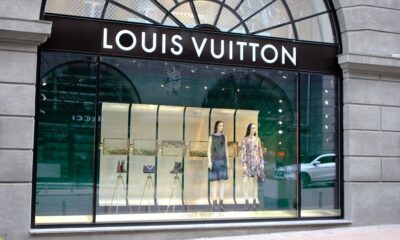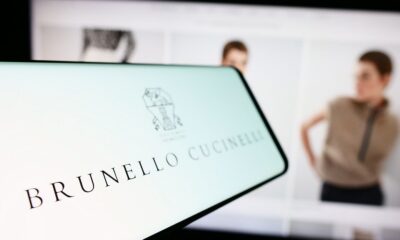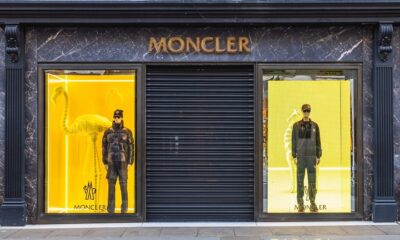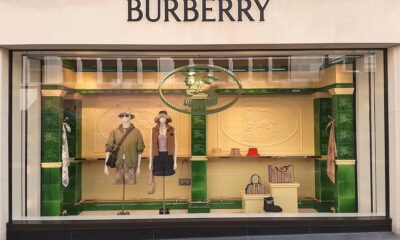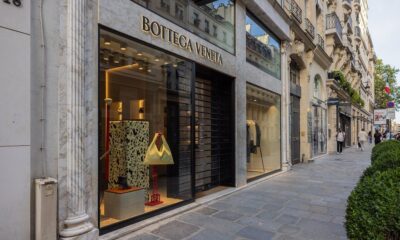Fashion
LVMH posts $67.4 bn revenue in 9M, shows resilience amid volatility
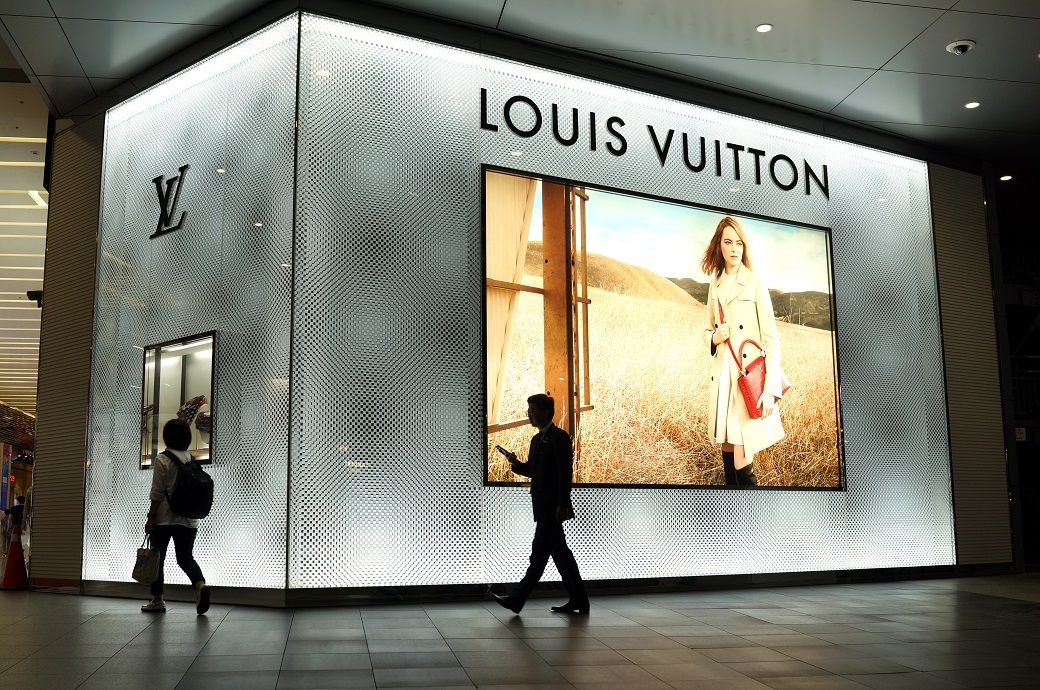
Despite persistent economic uncertainty and geopolitical disruptions, the luxury group displayed resilience, with the third quarter registering a one per cent organic improvement supported by better trends across most business groups except Europe, where tourist spending weakened due to currency fluctuations.
LVMH Moet Hennessy Louis Vuitton reported €58.1 billion (~$67.396 billion) in revenue for the first nine months of 2025, down 2 per cent YoY.
Fashion and Leather Goods fell 6 per cent organically, yet Louis Vuitton, Dior, and Loro Piana sustained creative momentum through new launches and shows.
Selective Retailing rose 3 per cent. DFS’s recovery in Asia, and Le Bon Marche’s continued strength.
Revenue in the Fashion and Leather Goods division dropped 6 per cent organically to €27.6 billion (~$32.01 billion), reflecting the normalisation of tourist spending compared with the strong growth seen in 2024. Yet, local demand stayed robust, and LVMH continued to strengthen its creative leadership. Louis Vuitton remained a standout performer, blending heritage and modernity through captivating shows by Nicolas Ghesquière and Pharrell Williams, LVMH said in a press release.
The Maison’s Shanghai destination, The Louis, designed as a museum-like space inspired by a cruise ship, drew significant visitor traffic.
At Christian Dior, the appointment of Jonathan Anderson as creative director ushered in a fresh interpretation of Dior’s ‘new look’, receiving an enthusiastic response for both men’s and women’s collections. The opening of two new House of Dior flagships in New York and Beverly Hills underlined the Maison’s global expansion strategy. Loro Piana reaffirmed its mastery of natural fibres with a new collection presented at Milan’s Palazzo Citterio, while celebrating its continued partnership with Team Europe, winners of the 2025 Ryder Cup.
Fendi witnessed a leadership transition as Silvia Venturini Fendi became honorary president and Maria Grazia Chiuri was appointed chief creative officer. Celine, Loewe, and Givenchy also debuted collections under new creative directors Michael Rider, Jack McCollough and Lazaro Hernandez, and Sarah Burton, respectively, each receiving strong acclaim for their renewed vision.
Selective Retailing recorded a 3 per cent organic rise in revenue to €12.6 billion, with all three retail banners performing positively.
Duty free shoppers (DFS) showed a marked recovery in the third quarter, particularly in Macao and Hong Kong, benefitting from returning travel and spending by Asian tourists. Streamlining initiatives launched earlier in the year improved operational efficiency and profitability. Le Bon Marche, LVMH’s Parisian department store, posted steady growth driven by its refined product mix, experiential retail focus, and curated cultural events that continue to differentiate it in a competitive retail environment, added the release.
Despite global uncertainties and fluctuating demand patterns, LVMH remains confident in its long-term prospects. The group aims to strengthen the desirability of its brands by focusing on creativity, craftsmanship, and customer experience. With strong local demand and a commitment to sustainability and innovation, LVMH plans to leverage its portfolio’s diversity and brand equity to reinforce its leadership in the global luxury sector throughout 2025.
Fibre2Fashion News Desk (SG)
Fashion
France’s LVMH posts $96.96 bn 2025 revenue as currency headwinds weigh
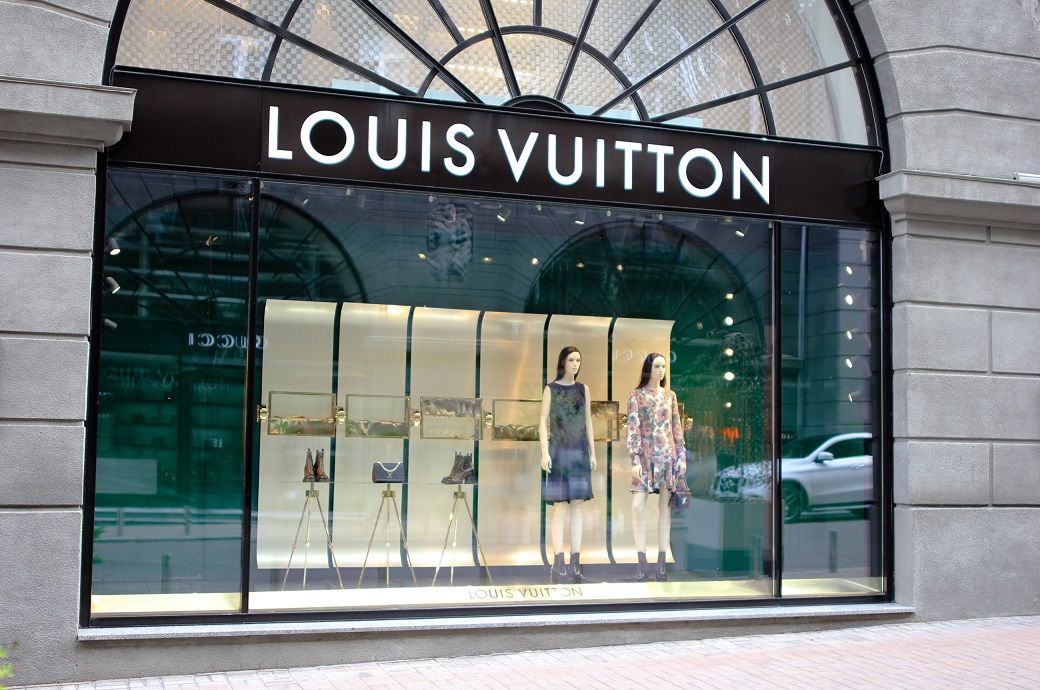
Profit from recurring operations stood at €17.8 billion, translating into an operating margin of 22 per cent, which was affected by unfavourable currency movements. Net profit attributable to the group declined 13 per cent to €10.9 billion, while operating free cash flow rose 8 per cent to €11.3 billion. Net financial debt fell sharply by 26 per cent to €6.9 billion, underscoring strong cash discipline.
French luxury group LVMH has reported €80.8 billion (~$96.96 billion) revenue in 2025, down 5 per cent reported and 1 per cent organically, amid currency headwinds.
Profit from recurring operations reached €17.8 billion, while net profit fell 13 per cent.
Performance stabilised in H2 and Q4, supported by US demand and strong cash generation, reinforcing confidence for 2026.
Region-wise, sales in Europe declined in the second half of the year, while the United States recorded growth, supported by solid local demand. Japan saw a decline compared with 2024, when tourist spending had been boosted by a much weaker yen. In contrast, Asia excluding Japan showed a ‘noticeable improvement’ compared with 2024, returning to growth in the second half, LVMH said in a press release.
Despite the full-year decline, performance improved in the second half, with organic revenue growth of 1 per cent, reflecting better trends across business groups after the slowdown seen since 2023. Fourth-quarter organic revenue growth also came in at 1 per cent, in line with the third quarter, signalling stabilisation towards year-end.
In Fashion & Leather Goods, revenue declined YoY in 2025, although LVMH reported an improvement in the second half, supported by local customers after 2024 had benefited from tourist-led demand, particularly in Japan. Profit from recurring operations fell 13 per cent, largely due to currency effects, while the division maintained a very high operating margin of 35 per cent. The group highlighted Louis Vuitton’s product and experiential strength, including The Louis in Shanghai, alongside strong brand momentum driven by fashion shows, and new store concepts. Dior’s creative reset, major store openings, and renewed creative leadership at Celine, Loewe, Givenchy and Fendi were also cited as contributing to fresh energy across the portfolio.
“Once again in 2025, LVMH demonstrated its solidity and effective strategy upheld by its highly engaged teams. The Group was buoyed by the loyalty and growing demand shown by our local customers. This momentum was once again underpinned by the powerful desirability of our brands, which embody creative passion and the pursuit of the utmost quality, and by our ambition of offering our customers extraordinary stores and cultural experiences, as demonstrated by The Louis in Shanghai, and our House of Dior stores in a number of cities around the world,” said Bernard Arnault, chairman and CEO of LVMH.
“In 2026, in an environment that remains uncertain, our Maisons’ ability to inspire dreams—coupled with the highest levels of vigilance with regard to cost management, and our environmental and social commitments—will once again be a decisive asset underscoring our leadership position in the luxury goods market. We will remain true to our entrepreneurial tradition as a forward-looking family group focused on sustainable creativity in high-quality products, exceptional spaces and the long-term future of our outstanding craftsmanship,” added Arnault.
Selective Retailing delivered 4 per cent organic revenue growth and a 28 per cent rise in profit from recurring operations, lifting operating margin by 2 percentage points to 9.7 per cent. DFS showed stabilisation, with streamlining measures improving profitability despite weak international conditions. In January 2026, LVMH signed an agreement with China Tourism Group Duty Free to acquire DFS’ business in Greater China, including the Gallerias in Hong Kong and Macao.
LVMH also reported progress under its Life 360 environmental programme, accelerating circular design initiatives. Forty-one per cent of materials used for products and packaging were sourced through recycling processes, up 8 per cent versus 2024. The proportion of certified raw materials increased further, with cotton at 84 per cent and wool at 76 per cent.
Looking ahead, LVMH said it remains confident for 2026, despite continued geopolitical and macroeconomic uncertainty. The group will continue to focus on brand development, innovation, disciplined cost management and long-term sustainability, aiming to further strengthen its global leadership position in luxury goods.
Fibre2Fashion News Desk (SG)
Fashion
Japan imports $4.2 bn trousers in Jan-Nov; China tops with low prices
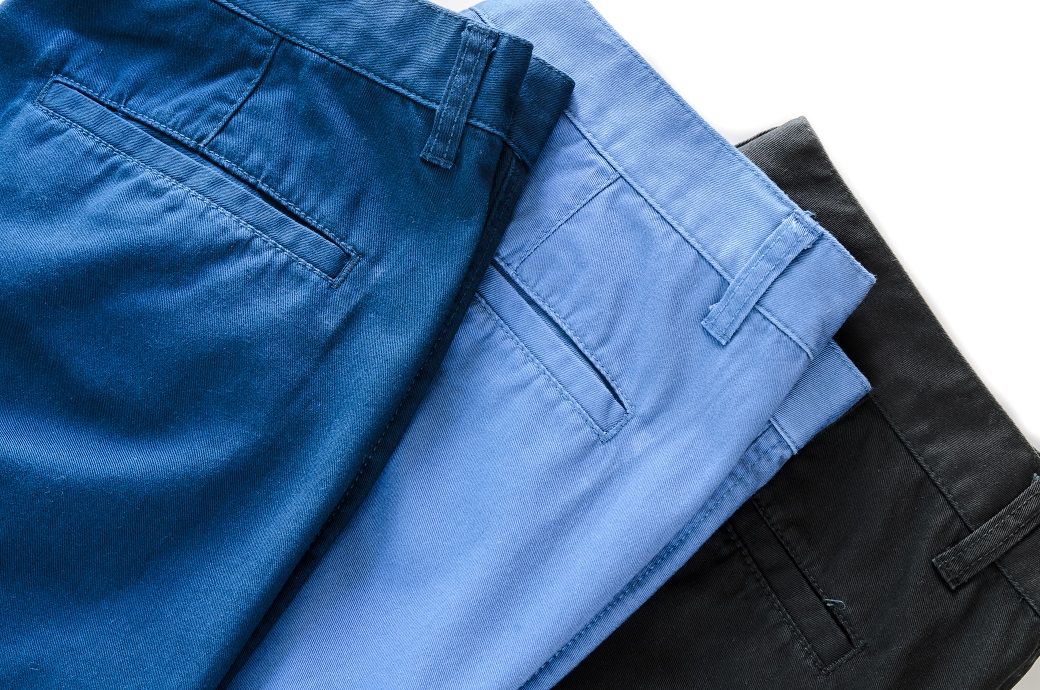
China remained Japan’s largest supplier, accounting for imports valued at $*.*** billion and ***.*** million units during the period. This represented more than two-fifths of total import volumes, underscoring China’s continued dominance in mass-market sourcing. However, the average unit price of Chinese trousers and shorts stood at $*.**, well below Japan’s overall average, highlighting China’s strong cost competitiveness. Compared with earlier years, China’s unit prices have steadily softened from $*.** in **** and $*.** in ****, indicating sustained pricing pressure amid intense competition and a buyer focus on affordability, according to *fashion.com/market-intelligence/texpro-textile-and-apparel/” target=”_blank”>sourcing intelligence tool TexPro.
Imports from Bangladesh were worth $***.*** million during January–November ****. Shipments totalled **.*** million units, with an average price of $*.** per unit, the lowest among the three leading Asian suppliers. Bangladesh’s pricing has declined notably from $*.** per unit in **** and $*.** in ****, suggesting aggressive pricing strategies to defend and expand market share in Japan’s highly competitive import landscape.
Fashion
Renewable energy uptake grows, but textile decarbonisation lags

Despite rising renewable installations, global textile decarbonisation remains slow and uneven.
Coal-heavy thermal processes, especially in large tier-2 facilities, continue to dominate emissions, while renewables still form a small share of total energy use.
Progress hinges on accelerating coal exit, electrification, and targeted action in high-impact facilities.
Source link
-

 Sports7 days ago
Sports7 days agoPSL 11: Local players’ category renewals unveiled ahead of auction
-

 Sports7 days ago
Sports7 days agoCollege football’s top 100 games of the 2025 season
-

 Entertainment7 days ago
Entertainment7 days agoClaire Danes reveals how she reacted to pregnancy at 44
-

 Business1 week ago
Business1 week agoBanking services disrupted as bank employees go on nationwide strike demanding five-day work week
-

 Politics7 days ago
Politics7 days agoTrump vows to ‘de-escalate’ after Minneapolis shootings
-

 Sports7 days ago
Sports7 days agoTammy Abraham joins Aston Villa 1 day after Besiktas transfer
-
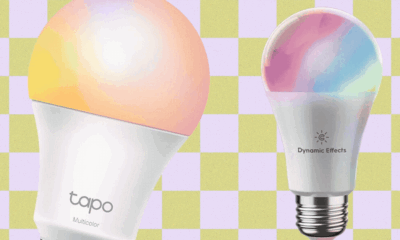
 Tech1 week ago
Tech1 week agoBrighten Your Darkest Time (of Year) With This Smart Home Upgrade
-

 Entertainment7 days ago
Entertainment7 days agoK-Pop star Rosé to appear in special podcast before Grammy’s


